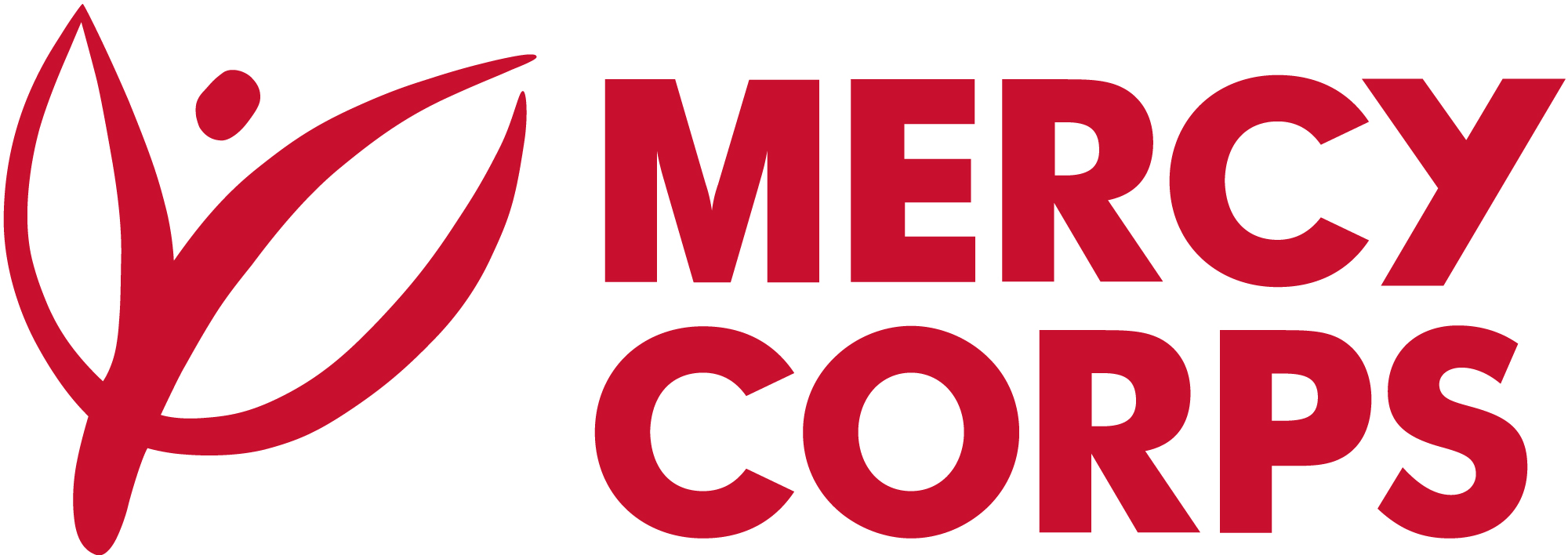Key Takeaways:
- The exchange of fire between Israel and Hezbollah on August 25 – the heaviest such exchange since October 8, 2023 – brought an end to a cycle of escalation that began in late July. Intensified Israeli airstrikes and artillery fire throughout August resulted in substantial civilian casualties, severe infrastructure damage in southern Lebanon, and the displacement of over 15,000 people. Israel also expanded its targeted assassinations to Saida for the first time.
- State electricity producer Électricité du Liban (EdL) halted nearly all production in early August due to fuel shortages at the Deir Ammar and Zahrani power plants. The near-total outage throughout most of August affected the entire country, although EdL continued to supply limited amounts of electricity to critical infrastructure, including Beirut International Airport. According to caretaker Minister of Energy and Water Walid Fayyad, “logistical” disruptions were the cause of Iraqi fuel shipment delays. The government made a spot purchase of Egyptian fuel that was offloaded on August 30, after which the Deir Ammar and Zahrani power plants came back online.
- Flour mills and bakeries expect World Bank-backed subsidies on wheat imports to end by mid-September. When they do, the exchange rate used for wheat imports will increase from 60,000 Lebanese Pounds (LBP) per 1 US dollar (USD) to the current parallel market exchange rate of LBP 89,500, which will lead to higher prices for bread and wheat-based foods and products.
- The Committee for Contract Teachers demanded higher wages, productivity bonuses, and expanded transportation allowances for teachers who are paid on an hourly basis. The committee also requested that registration fees be waived for students from South Lebanon. Meanwhile, the Private School Teachers Union announced that it will vote on taking unspecified “escalatory measures” in September, in reaction to the government not securing necessary financing for the Compensation Fund for Private School Teachers and failing to appoint the Fund’s board of directors.
- Caretaker Minister of Public Health Firass Abiad announced an increase in public health assistance for beneficiary hospitals and patients, and that the ministry will provide coverage for 50 additional medical procedures.
By Crisis Analytics Team, Mercy Corps Lebanon



